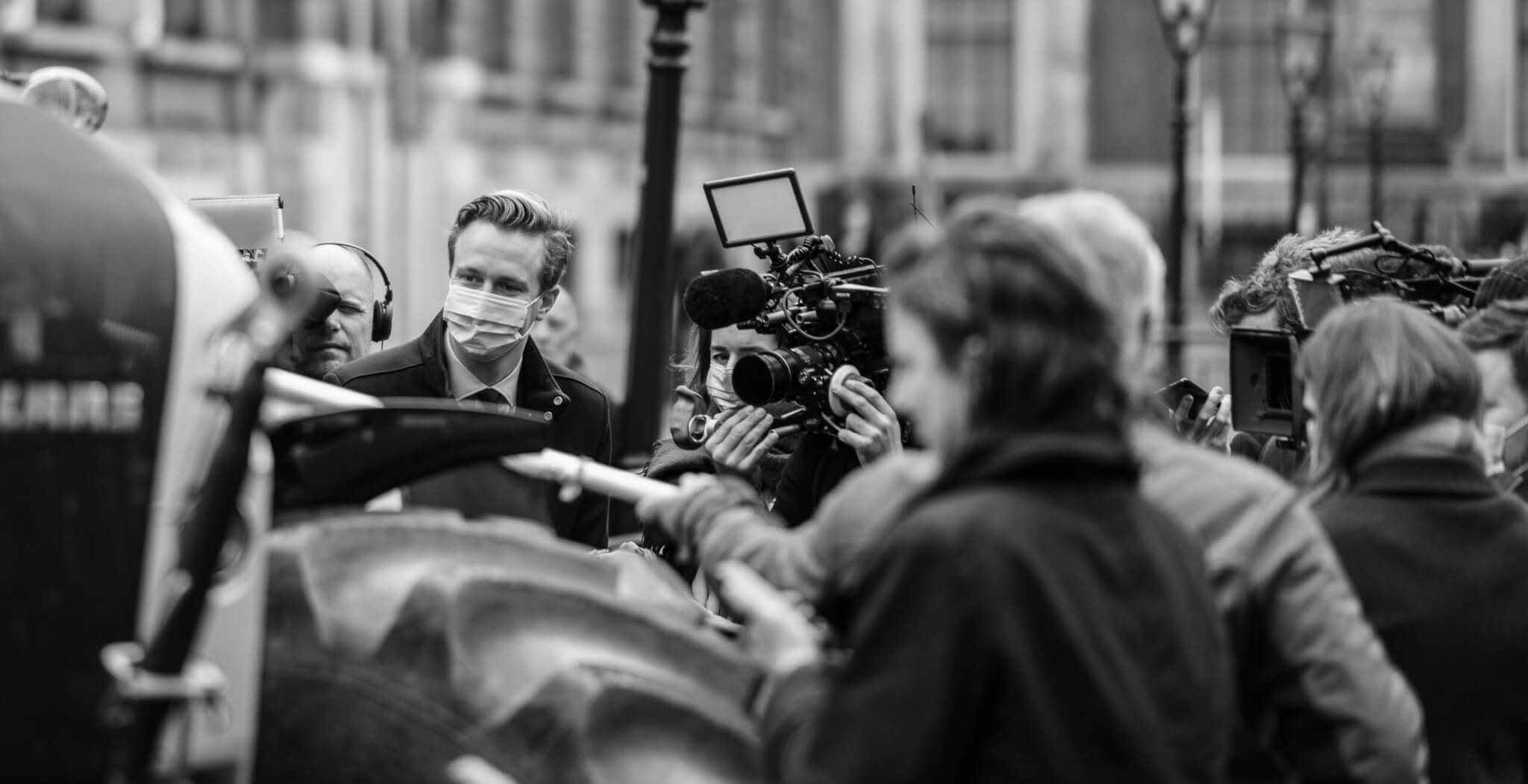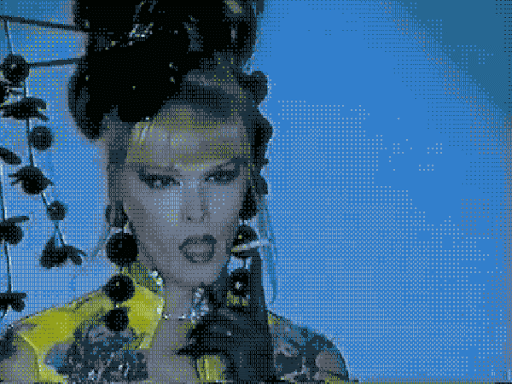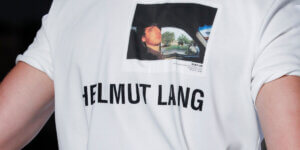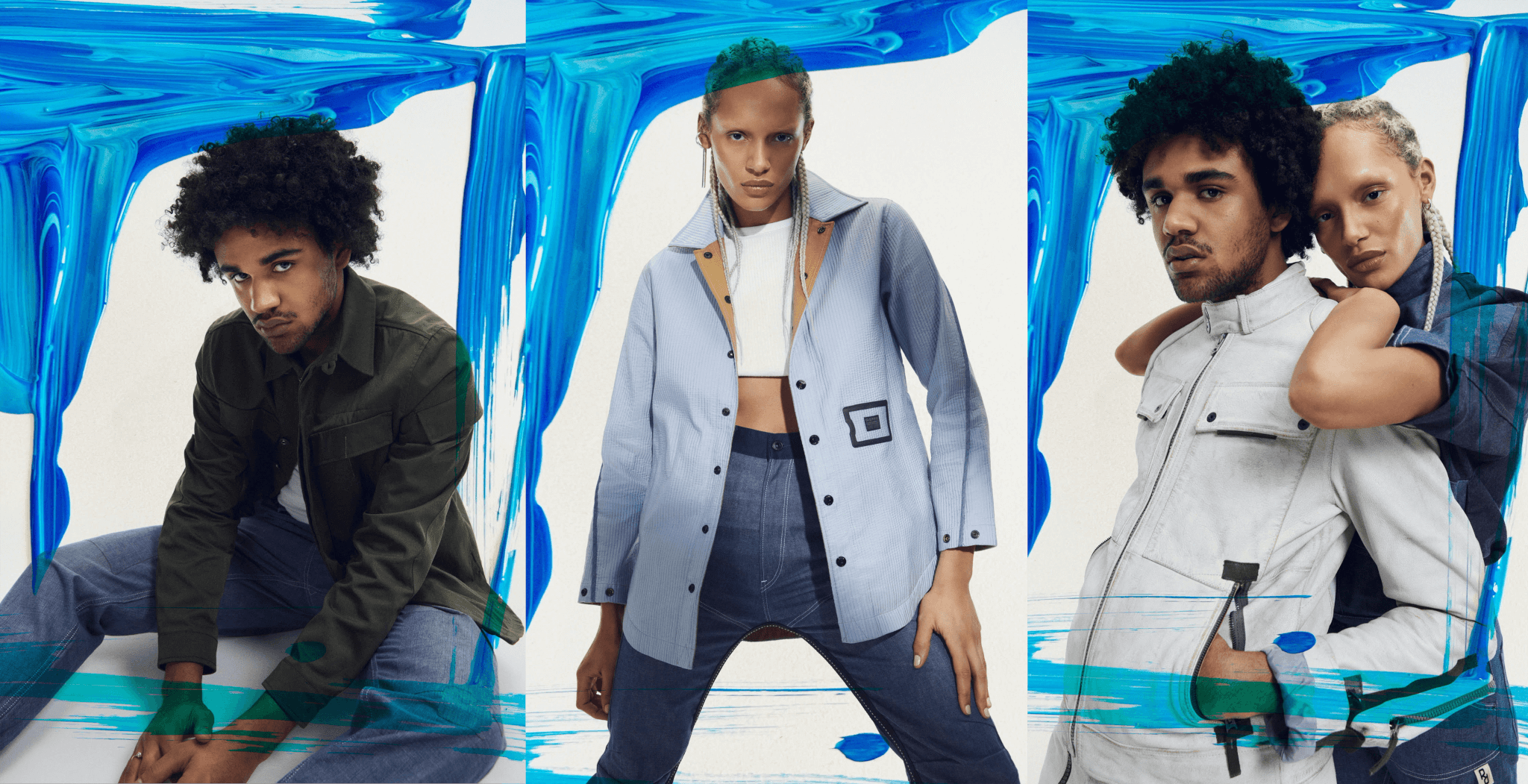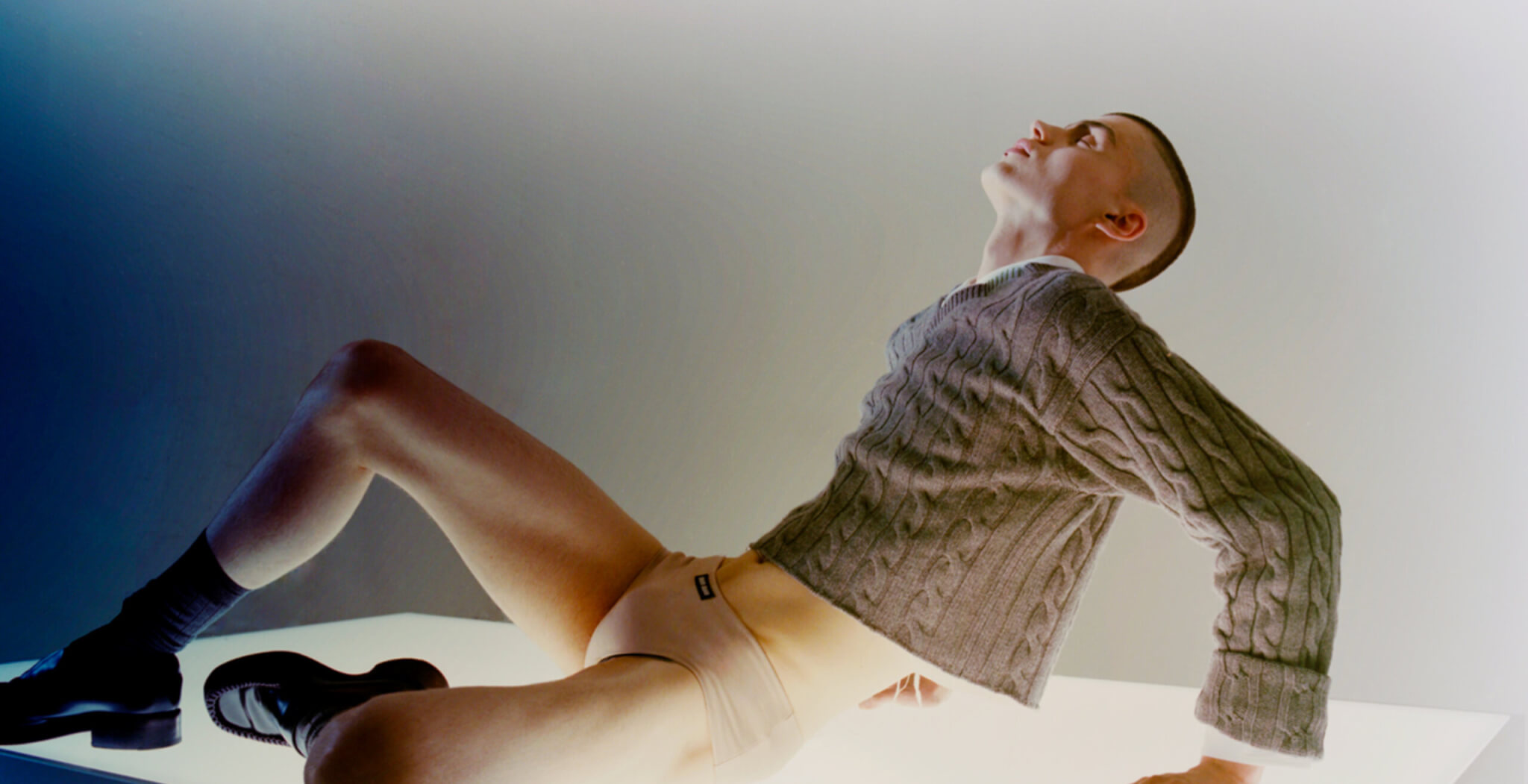This article is dedicated to a girl I met at a party once.
A few months ago, I had the pleasure of meeting up with friends I hadn’t seen in ages. This long-awaited gathering aimed to bridge the gap created by lockdowns, relocations, and career paths. As the evening unfolded, we exchanged warm greetings, heartfelt congratulations, and promises to never lose touch again.
Amidst the lively atmosphere, it was time to catch up on each other’s lives. Each person took their turn, sharing the twists and turns life had taken them through. When my moment came, I carefully crafted my response, aiming to pique curiosity without overwhelming my listeners. For those who don’t know me, I studied fashion journalism and media communication, and I’ve been fortunate to work as a writer in the fashion industry ever since. Joining theTitle Fam in November 2021 has been a decision that fills me with joy and contentment.
However, an incident at the party stood out in my memory. A girl, not a close friend but rather an acquaintance’s companion, approached me later in the evening. It seemed she wanted to continue our conversation in private. She exuded excitement at having found someone who shared her passion for writing. She proudly declared that she wrote for the politics department of ZEIT, a prominent publication. I couldn’t help but feel glad for her, as female journalists in political journalism are still a rarity.

As our discussion progressed, she asked about the topics I wrote about. I replied, “Mainly fashion and culture.” Her reaction was unexpected. A disdainful expression flickered across her face, and I raised an eyebrow, silently questioning her response. I’ve grown accustomed to people’s surprise when they discover my chosen subjects, but I didn’t anticipate it from her. After all, she was the one who eagerly embraced our shared professional bond.
Her defensive stance only grew stronger when I expressed my surprise. She proclaimed that fashion wasn’t “particularly important,” contrasting it with her ability to influence global events through her political writing. This comment left me indignant. How could she dismiss an industry that touches on pressing issues like the fashion industry’s contribution to global carbon emissions or the alarming statistics about textile waste?
Was she unaware of these facts? Or was it the ignorance of a young, ambitious journalist confined to her own sphere of interest? Yes, I understand that not all fashion articles tackle significant global challenges or expose industry wrongdoing. Yet, therein lies the beauty of it all. In this turbulent era of war, climate crisis, and exploitation, writers and readers alike deserve a break. Even if it’s merely discussing why ballet flats shouldn’t make a comeback, a touch of escapism is beneficial for us all. Moreover, it’s audacious to claim that a few anecdotes, alliterations, and anglicisms can single-handedly alter world events.

I call this phenomenon the “Editor-in-chief syndrome.” It’s not limited to young journalists who believe they understand the world through internships and a few published pieces. Even established journalists can’t resist flaunting their profession, inadvertently becoming a nuisance to others. An article published by the fashion platform ssense once explored the “editor-in-chief syndrome,” likening it to the “main character syndrome” but with a unique twist. It can develop during school years with an excess of group projects or manifest in adulthood as one’s Criterion subscription spans months on end. In short, it seems all journalists have a touch of assholery within them.
Do I possess such tendencies? I won’t deny occasional feelings of superiority, but I consciously choose not to exhibit them. Rather than confronting her, I excused myself with a polite smile and redirected my attention to someone else at the gathering.
Don’t misunderstand me; it was a delightful evening filled with laughter, copious amounts of wine, and perhaps a few too many cigarettes, which, as the morning arrived, left a distinct bitter aftertaste, not solely from tobacco and cheap wine, but from the encounter itself.








